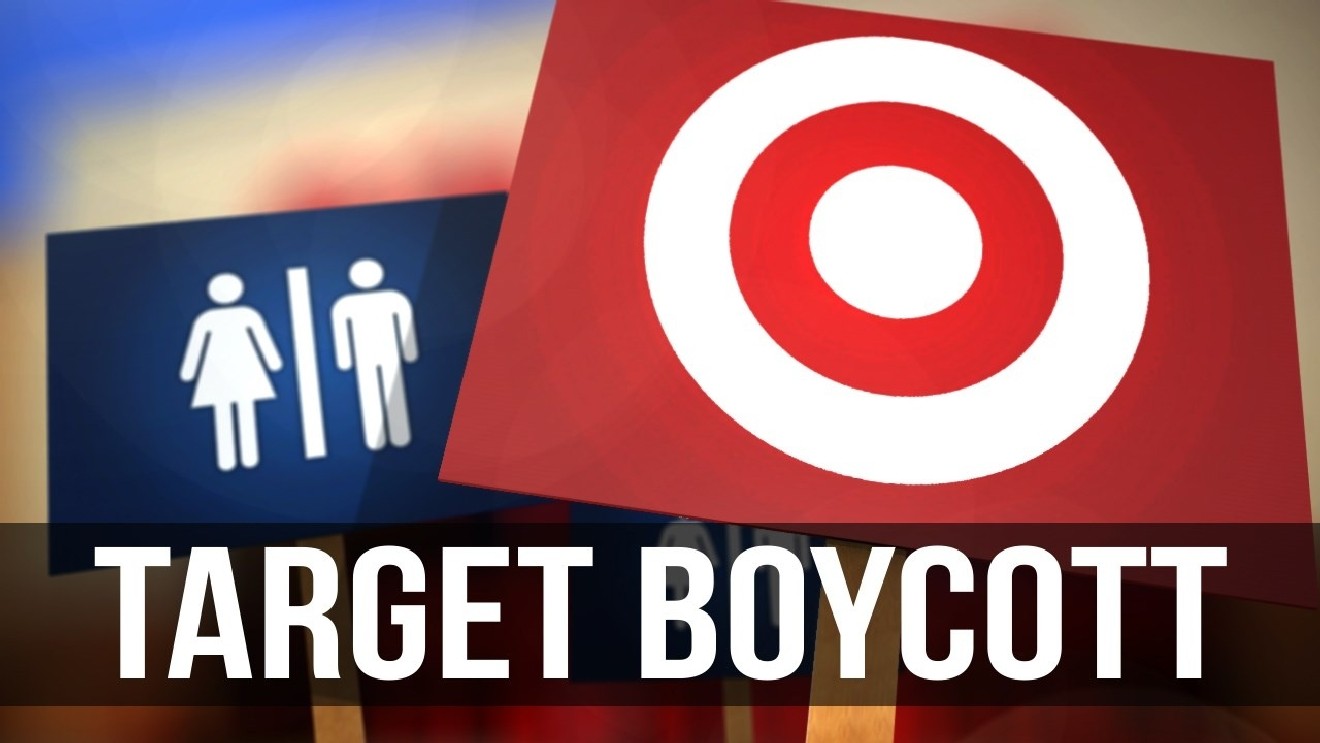In the ever-evolving landscape of consumer activism and corporate accountability, few controversies have sparked as much debate and division as the Target boycott. With its roots in contentious social and political issues, the boycott has become a flashpoint for discussions about corporate responsibility, diversity, and the intersection of business and societal values. As we delve into the complexities of this contentious issue, it becomes evident that the Target boycott is not merely a clash of ideologies but a reflection of deeper societal tensions and aspirations.
Contents
The Origins of the Boycott
The Target boycott emerged in response to the retail giant’s corporate policies and public statements on several controversial issues. At the center of the controversy were Target boycott stances on matters such as LGBTQ+ rights, gender identity, and racial justice, which drew praise from some quarters and condemnation from others.
One of the primary catalysts for the boycott was Target’s decision to publicly support LGBTQ+ rights and transgender-inclusive restroom policies. While hailed as a progressive step by advocates for LGBTQ+ equality, the move ignited backlash from conservative groups and individuals who viewed it as an affront to traditional values and religious beliefs.
Additionally, Target boycott faced criticism for its handling of racial justice issues, particularly in the aftermath of high-profile incidents of police violence and systemic racism. Calls for greater diversity and inclusion within the company’s leadership and workforce intensified, leading some activists to call for a boycott as a means of pressuring Target to take concrete action.
The Dynamics of Consumer Activism
The Target boycott exemplifies the power of consumer activism in shaping corporate behavior and public discourse. In an era marked by increasing social awareness and digital connectivity, consumers have unprecedented opportunities to voice their concerns and hold companies accountable for their actions.
Social media platforms such as Twitter, Facebook, and Instagram have become powerful tools for organizing boycotts, amplifying voices, and mobilizing support for causes. Hashtags such as #BoycottTarget and #TakeAStand have trended worldwide, drawing attention to the issues at stake and galvanizing public opinion.
Moreover, the rise of online petition platforms and grassroots organizing efforts has enabled ordinary citizens to wield influence and effect change on a scale Target boycott never before possible. Through collective action and solidarity, consumers have demonstrated their ability to shape corporate policies and influence the broader socio-political landscape.
The Corporate Response
In response to the boycott, Target boycott has adopted a multifaceted approach aimed at addressing the concerns of both supporters and critics. The company has reaffirmed its commitment to diversity, equity, and inclusion, pledging to create a more welcoming and inclusive environment for all customers and employees.
At the same time, Target boycott has sought to engage with boycott organizers and dissenting voices in a spirit of dialogue and reconciliation. Company executives have met with representatives from advocacy groups and community organizations, listening to their concerns and exploring potential avenues for collaboration and compromise.
Furthermore, Target boycott has taken steps to showcase its support for social justice causes through concrete actions, such as increasing investments in minority-owned businesses, expanding diversity training programs, and promoting inclusive hiring practices. By aligning its corporate values with the aspirations of its diverse customer base, Target aims to demonstrate its commitment to being a responsible corporate citizen.
The Ripple Effects
Beyond its immediate impact on Target boycott and its stakeholders, the boycott has broader implications for the intersection of business, politics, and society. It raises fundamental questions about the role of corporations in advancing social change, the limits of consumer activism, and the responsibilities of companies to their employees, customers, and communities.
The Target boycott also underscores the complexities of navigating contentious social and political issues in an increasingly polarized and divided society. As corporations grapple with competing demands and pressures from various stakeholders, they must strike a delicate balance between profitability and social responsibility, knowing that their decisions carry profound implications for their reputation and bottom line.
Finding Common Ground
 As the Target boycott continues to unfold, it serves as a sobering reminder of the deep-seated divisions that pervade our society. Yet, amid the cacophony of competing voices and conflicting interests, there exists an opportunity for dialogue, understanding, and reconciliation.
As the Target boycott continues to unfold, it serves as a sobering reminder of the deep-seated divisions that pervade our society. Yet, amid the cacophony of competing voices and conflicting interests, there exists an opportunity for dialogue, understanding, and reconciliation.
Rather than viewing the Target boycott as a zero-sum game with winners and losers, perhaps we can approach it as an invitation to engage in constructive conversations about the values and principles that unite us as human beings. By seeking common ground and embracing empathy and respect for differing perspectives, we can move closer toward a more inclusive and harmonious society.
The Role of Ethical Consumption
Central to the discourse surrounding the Target boycott is the concept of ethical consumption—the idea that consumers can use their purchasing power to support companies that align with their values and principles. In an era marked by growing awareness of social and environmental issues, ethical consumption has emerged as a powerful force for change, prompting individuals to consider the broader implications of their purchasing decisions.
For supporters of the Target boycott, refusing to patronize Target represents a form of protest against what they perceive as unethical corporate practices. By withholding their dollars, boycott participants seek to send a clear message to Target boycott and other companies that they will not support businesses that they believe are complicit in perpetuating injustice or inequality.
Conclusion Target Boycott
The Target boycott is not merely a story of corporate controversy but a reflection of broader societal trends and aspirations. It highlights the power of consumer activism to shape corporate behavior and influence public discourse on contentious issues.
As we navigate the complexities of the modern world, let us approach the Target boycott with a spirit of empathy, curiosity, and openness to dialogue. By listening to one another with compassion and humility, we can transcend the divisions that separate us and forge a path toward a more just, equitable, and compassionate society for all.
Also Read: Usphonelookup
